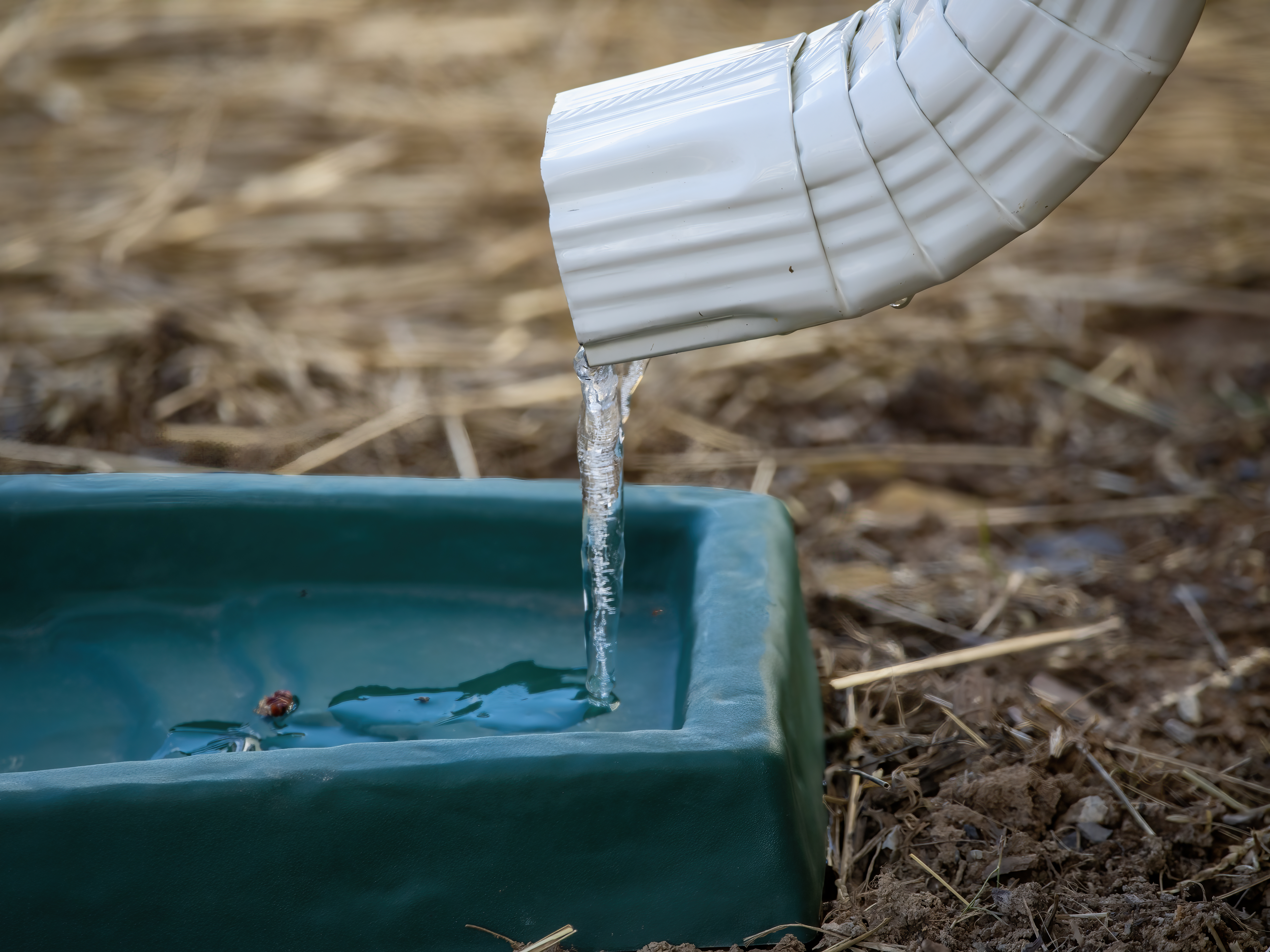After a Woodridge woman lost nearly $100,000 to a fake PayPal scam, NBC 5 Responds was able to step in and get her money back.
An unexpected bill, often catching many off guard, was part of the scam that helped ensnare Valerie, a Woodridge resident who asked us not to use her last name
"It's the wild, wild west out here. As far as the internet is concerned,” Valerie said.
“If there's bills to be paid, of course, you have to pay bills,” said Valerie, who checks her bank account balance every morning.
Feeling out of the loop? We'll catch you up on the Chicago news you need to know. Sign up for the weekly Chicago Catch-Up newsletter here.
On one morning last January, one bill in particular caught Valerie's eyes.
“I saw an email from PayPal. And it stated that I owe them $150. First thought was, I don't have PayPal? And why is someone charging money to my PayPal account?” Valerie said.
Later, she received another bill appearing to be from PayPal, with this bill stating that Valerie allegedly owed them $500.
NBC 5 Responds
Valerie said the bill instructed her to call a 1-800 number in the event of an error on the bill.
After calling the number, the person on the other end told Valerie that she had already paid the $500 mentioned in the fake PayPal e-mails, but nonetheless said he could help her get her money back.
Valerie said the man talking to her instructed her to download a program that allowed him to access her computer, and then asked her to log into her bank account so he could return her money.
Then, the scammer said he had made a mistake.
“He had put in $100,000 in my bank account. And I told him it wasn't mine. So I wanted to give it back to him. While he had done really behind the scenes was manipulate numbers to make it look like he had given me $100,000,” Valerie said.
Going only by what she saw on her computer screen, Valerie rushed to Chase Bank at the urging of the scammer to wire the $100,000 back to the man she thought was with PayPal support.
“When I got back home, I saw that my account, my savings account, had been drained of that $100,000, and I'm thinking well, you just stole money from me. [I’m] in tears thinking, ‘I've lost everything. I've lost everything,'” Valerie said.
Valerie then filed both a fraud case with Chase and a police report.
In December, Chase Bank responded to Valerie in a letter, stating they “decline to reimburse you for the wire transfer," in part because they “received no response from the receiving bank."
That’s when NBC 5 Responds got the case.
“I've seen your work. I've seen the people you've helped. It's believable. You're believable. When you can help someone who is near the end of their rope and make them smile again, that's when you say ‘Okay, I see what you did, and maybe you can help me,'” Valerie said.
Our focus was clear. NBC 5 Responds set our sights on Blue Ridge Bank, the bank that received the wire transfer, and began reaching out to their executive leadership in early February.
Less than two weeks later, Valerie received the good news.
“It worked. It worked. You ruffled some feathers,” Valerie said. “I checked my bank account, I think was Feb. 28, and there was money in my checking account.”
On their website, PayPal says to forward suspicious emails to phishing@paypal.com and they’ll investigate it for you.
Blue Ridge Bank did not respond to our multiple requests for comment.
A Spokesperson for Chase Bank tells us “We’re sorry [Valerie] was the victim of a scam. After numerous attempts to recover funds on her behalf from the receiving bank, we’re happy she ultimately had a positive outcome. As a reminder, like cash, wires are final payments and are rarely successfully recalled, once sent to a fraudster.”
Since all this happened, Valerie changed all her passwords, closed her bank accounts, installed security software on her computer and has been monitoring her credit very closely. Something she and other experts advise anyone who has been in this situation to do.



